The tech world is abuzz with news of the OpenAI model delay, a development that highlights AI development challenges and signals OpenAI’s strategic shift. As the company adjusts its OpenAI release strategy, the delay of its open model raises questions about AI model deployment timelines and their impact on the industry. This article dives into the reasons behind the delay, its implications for AI innovation, and lessons for businesses navigating similar challenges. For expert digital strategies to boost your brand, visit Webie’s SEO services.
Why OpenAI’s Model Release Is Delayed
OpenAI, a leader in artificial intelligence, recently postponed the launch of its anticipated open model, originally slated for 2025. This OpenAI model delay stems from a combination of technical and strategic factors. The company is prioritizing rigorous testing to ensure safety and performance, reflecting the complexities of AI development challenges. By refining its approach, OpenAI aims to deliver a product that meets high standards, aligning with its OpenAI release strategy.
Key Factors Behind the Delay
Several elements contribute to the OpenAI model delay, each shedding light on the intricacies of AI model deployment:
- Technical Hurdles: Developing advanced AI models requires extensive testing to address issues like bias, scalability, and reliability.
- Safety and Ethics: OpenAI is focusing on responsible AI deployment, ensuring models align with ethical standards.
- Resource Allocation: Balancing innovation with operational constraints is a key aspect of OpenAI’s strategic shift.
These AI development challenges underscore the need for patience and precision in delivering cutting-edge technology. For insights on navigating complex digital projects, check out BozzaBench’s podcast on AI governance.
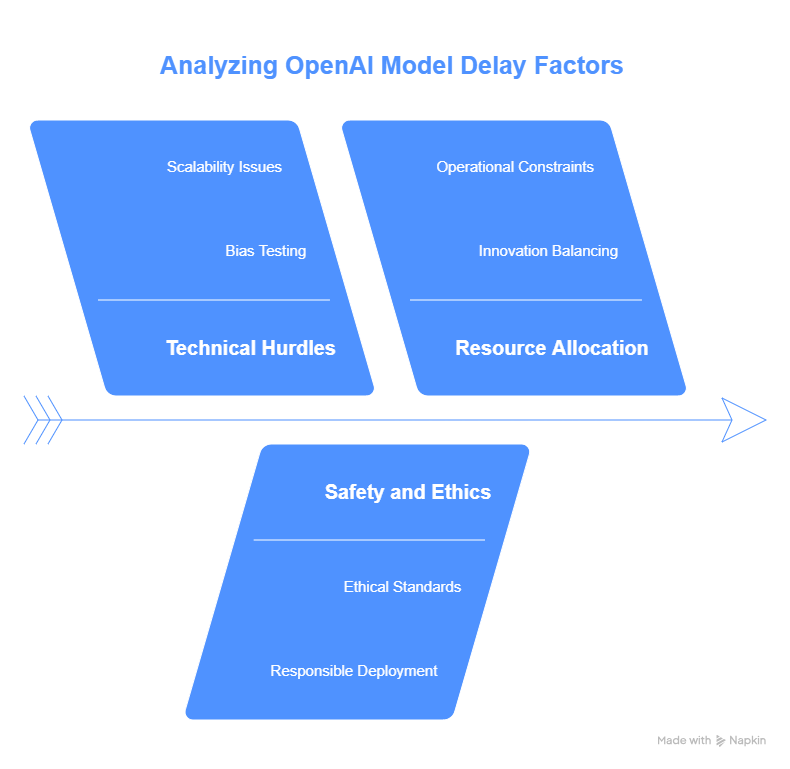
Implications for AI Innovation
The OpenAI model delay has broader implications for the AI industry. While some may view it as a setback, it highlights OpenAI’s commitment to quality over haste. By prioritizing robust AI model deployment, the company is setting a precedent for responsible innovation. This approach could influence competitors to adopt similar standards, fostering a safer and more reliable AI ecosystem.
Moreover, the delay reflects OpenAI’s strategic shift toward long-term sustainability. By addressing AI development challenges proactively, OpenAI ensures its models deliver meaningful value. Businesses can learn from this by focusing on quality-driven strategies to achieve lasting growth.
Lessons for Businesses from OpenAI’s Strategy
OpenAI’s approach offers valuable takeaways for companies navigating their own challenges:
- Prioritize Quality: Rushing a product launch can compromise performance. Take time to refine offerings for better results.
- Embrace Transparency: Communicating delays openly, as OpenAI has done, builds trust with stakeholders.
- Invest in Resilience: Address technical and ethical challenges early to ensure sustainable growth.
For businesses looking to align their strategies with market demands, Webie provides tailored SEO solutions to drive visibility and engagement.
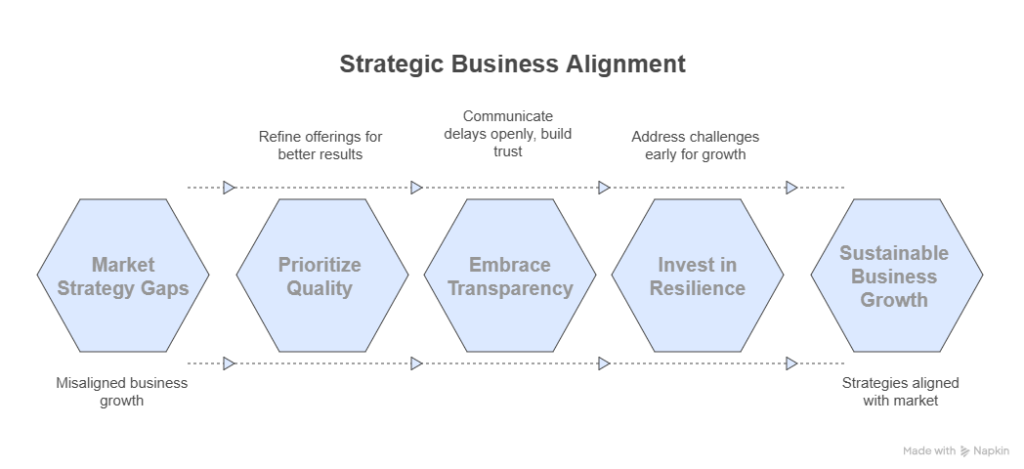
How the Delay Shapes OpenAI’s Future
The OpenAI model delay is not just a pause but a strategic recalibration. By refining its OpenAI release strategy, the company is positioning itself to deliver more impactful AI solutions. This shift could lead to advancements in areas like natural language processing and generative AI, strengthening OpenAI’s leadership in the industry.
Furthermore, the delay underscores the importance of AI model deployment done right. By addressing AI development challenges head-on, OpenAI is paving the way for more reliable and ethical AI systems. This focus on quality could redefine industry standards, benefiting both developers and end-users.
What Businesses Can Do to Stay Ahead
While OpenAI navigates its model delay, businesses can take proactive steps to stay competitive in a tech-driven world:
- Adopt Agile Strategies: Be flexible in adjusting timelines to prioritize quality and innovation.
- Leverage Data Insights: Use analytics to anticipate challenges and optimize product development.
- Focus on User Trust: Build products that prioritize user safety and transparency to foster loyalty.
For more actionable advice, explore BozzaBench’s podcast on AI governance, where experts discuss navigating AI’s complexities.
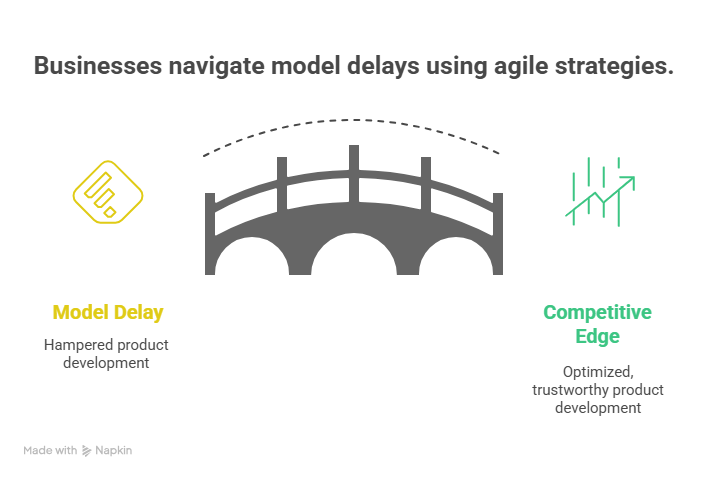
Conclusion
The OpenAI model delay highlights the intricate balance of innovation, safety, and strategy in AI development. By addressing AI development challenges and embracing OpenAI’s strategic shift, the company is setting a high bar for AI model deployment. Businesses can draw inspiration from this approach by prioritizing quality, transparency, and resilience. To boost your digital strategy, partner with Webie for expert SEO solutions. For deeper insights into AI trends, tune into BozzaBench’s podcast and explore our SEO roadmap guide.

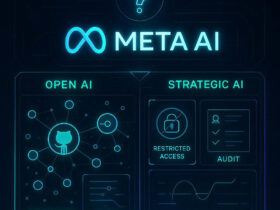
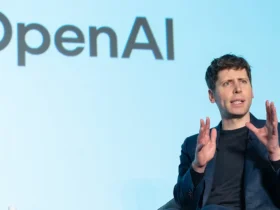










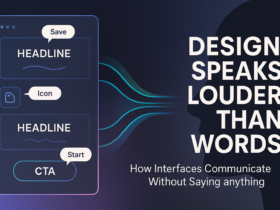

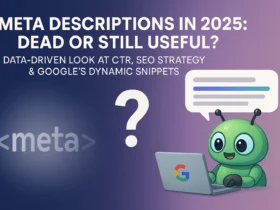







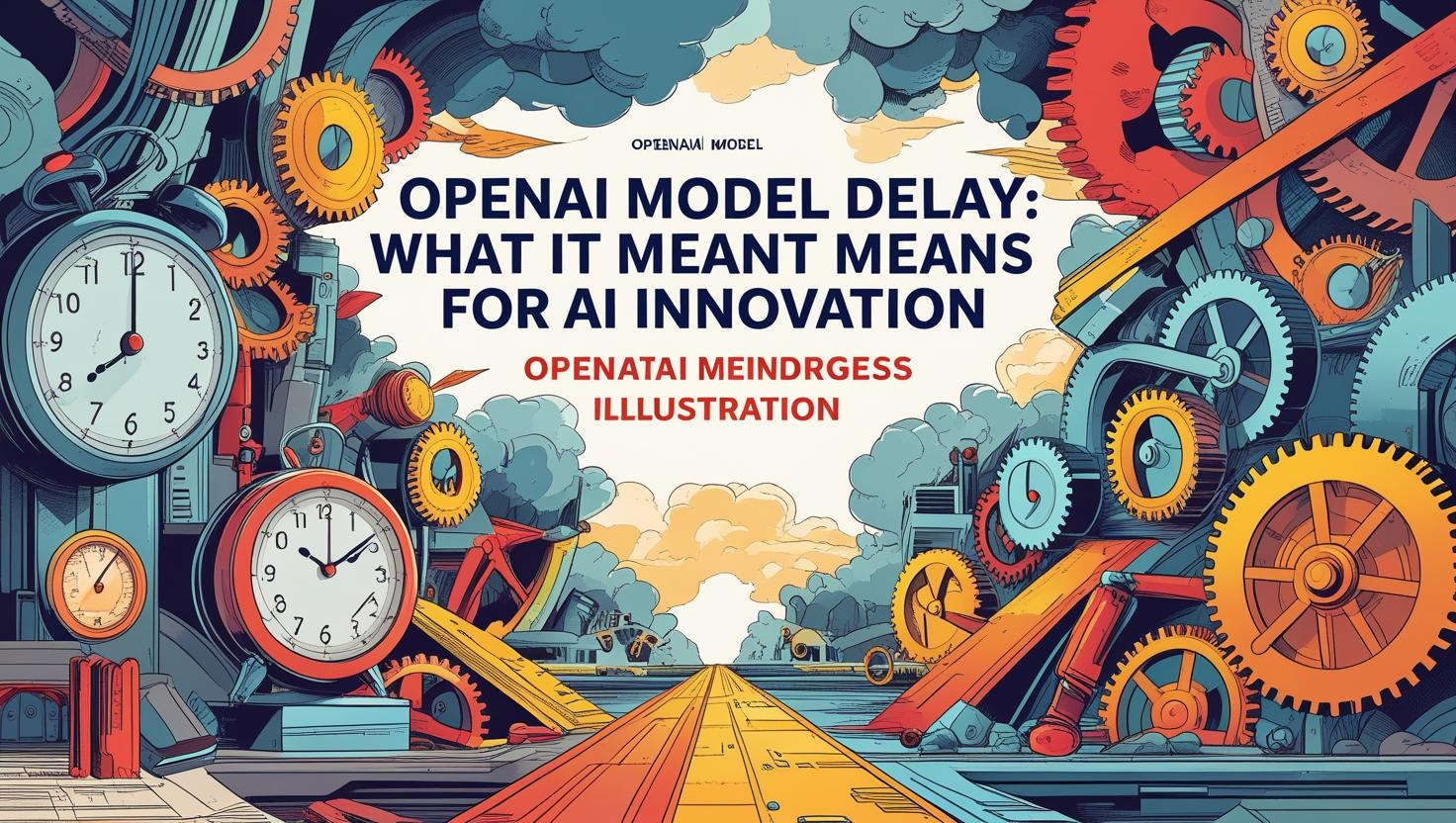

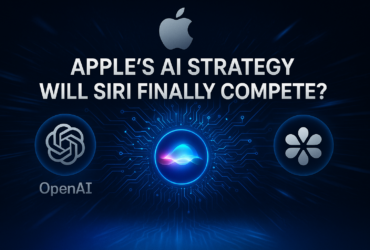
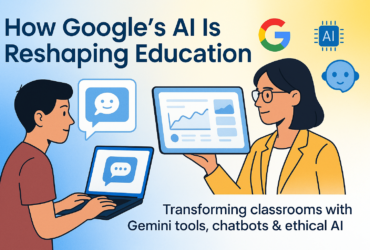
Leave a Reply